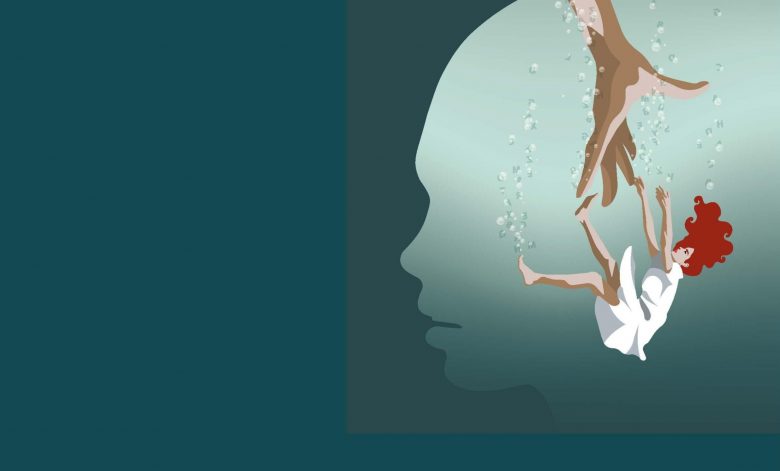
The UK is more aware than ever of inequalities and there are concerted efforts to provide equal rights, equal pay and equal opportunities to people regardless of ethnicity, gender, religion or otherwise. However, there is one powerful problem that social psychology has been long aware of and which remains unsuccessfully addressed in the modern world: prejudice, specifically implicit bias.
Prejudice refers to judgments that are not based on reason or actual experience and can stem from two main psychological functions: implicit and explicit bias. Implicit bias describes the unconscious stereotypes, prejudices and ideas that people hold. We are generally unaware of these biases, yet they impact the decisions we make and opinions we form every day. Explicit bias, on the other hand, is when these stereotypes, prejudices and ideas are known to the person holding them; they are conscious. This is the difference between someone who would openly declare themselves a racist and someone who thinks they aren’t, yet unconsciously treats other groups of people differently.
Your organisation does not have access to this article.
Sign up today to give your students the edge they need to achieve their best grades with subject expertise
Subscribe



